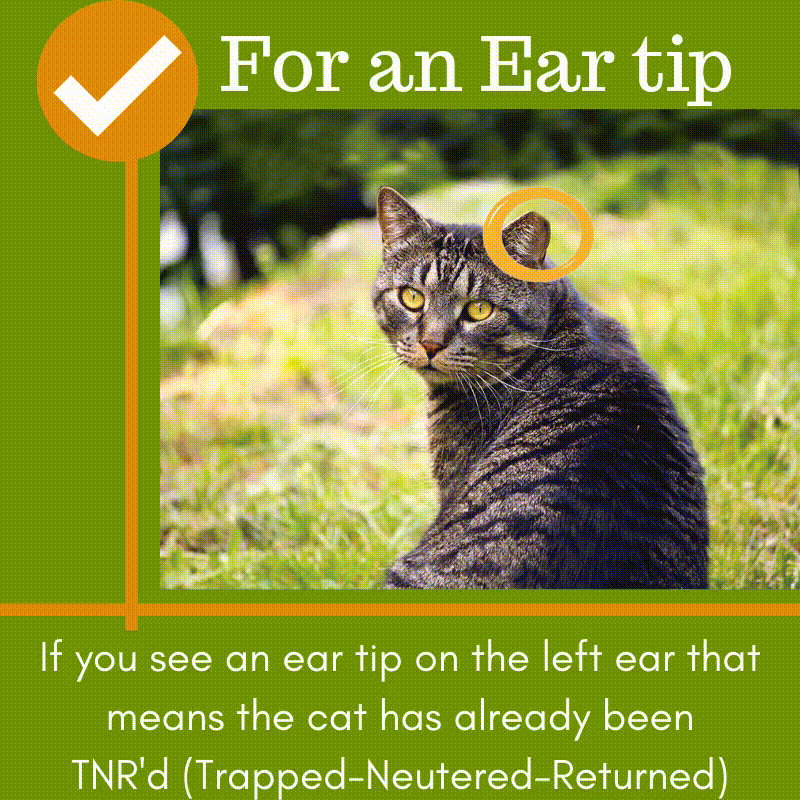
Help for Cats
I See Cats Outside
What do I do?
Who are these cats? They are called feral cats, and they live outdoors in neighborhoods all around metro Denver. Most were born to a feral/stray mother and were never socialized to people becoming feral themselves. Some were abandoned or lost and have become feral over time. Some are pet cats who go outside, but many are cared for by people in the neighborhood who just want to help out. These cats cannot be relocated; they have a territory and removing them opens up territory for new cats to come in. These cats are not able to be socialized once they get older than 8 weeks. Sometimes they may become friendlier overtime or let their caretaker pet them but that can take years.
What can we do about them? Overpopulation of feral cats is a big problem- more cats means fewer resources for animals, more suffering, and more homeless pets in our shelters. Their behavior can cause problems for the people they live around too. Luckily, there is a simple and humane way to end cat overpopulation and help the cats be better neighbors!
The solution is TNR- which stands for Trap, Neuter, Return.
What does that mean?
A TNR program:
-
Traps the cats with humane cat traps.
-
Asses each cat to see if it is a friendly or sociable cat, if they are they are taken to a rescue or shelter partner.
-
If not they are transported to a clinic to be spayed or neutered, vaccinated, and dewormed.
-
At the clinic they will also get ear-tipped on their left ear to signify they have been TNR'd and will get an exam to make sure they are healthy enough to be returned to their home and scanned for a microchip.
-
They are then returned to where they were trapped, which is their home territory.
What happens then?
TNR cats will NOT:
-
Have kittens and continue to overpopulate
-
Fight each other or spread disease
-
Keep the neighborhood up all night yowling and howling in heat
-
Spray smelly urine to mark their territory
-
Cost tax payer money for animal control
TNR cats WILL:
-
Make sure new cats don’t move in to their territory
-
Decrease in population over time, which means less suffering for them and fewer homeless animals in the shelter and fewer cats in your neighborhood
-
Be healthier, calmer, quieter, better smelling and more peaceful neighbors for you!
Whether or not you love cats, TNR is a win for everyone in the neighborhood!
So what can you do right now? If you need TNR help click here or contact us at 844-336-2287 or through email.
If you have more questions, here are some FAQs about feral cats:

Deterring cats.
Caring for a colony.
Veterinary Resources for feral cats.
Relocating, removing, and barn homes.
How to trap a feral cat.





